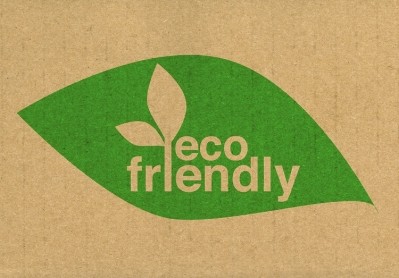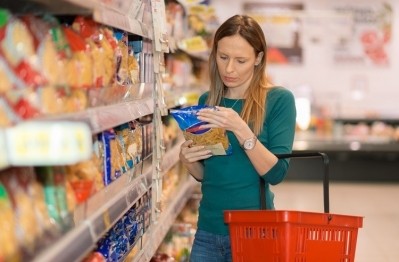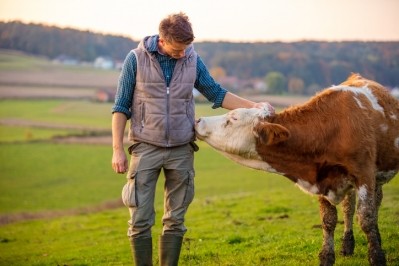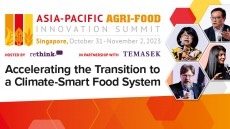Sustainability experts call for one unified eco-label in UK
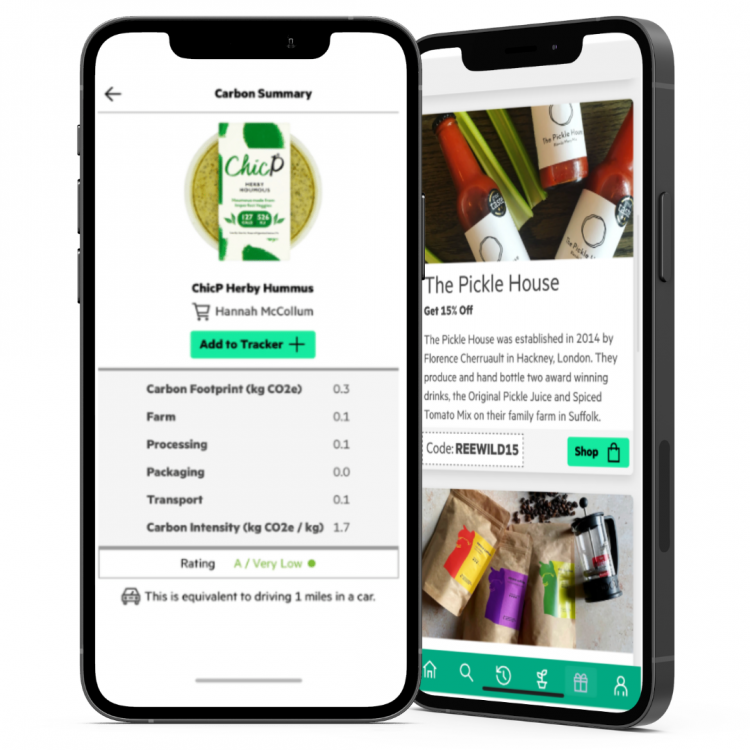
Reewild, which helps food and drinks manufacturers measure and communicate the carbon footprint of their products, claims eco-labelling has been proven to work and can facilitate a broader shift in consumer demand towards greener products, an important component of reaching Net Zero. It cites University of Cambridge research, for example, which found that 81% of British people would like to see carbon labelling on food items across the UK. Almost half of all people (48%) say one of the main barriers to adopting a more sustainable lifestyle is a lack of information, according to a Deloitte survey this year.
Too many labels risk confusing consumers
In total there are currently around 350 eco-labels globally, however. This fact is fragmenting the market and confusing consumers, Reewild’s Co-founder and COO Kit Nicholl told FoodNavigator.
For example, Foundation Earth, which formed last year with the aim of rolling out a Europe-wide eco-label scheme by the Autumn of 2022. The organisation has received the backing of global food and drink giants Nestlé, Tyson Foods, PepsiCo, Danone, Starbucks, Co-op, Sainsbury’s and M&S. There is also Eco-Score, (courted by big names in European retail such as Colruyt and Lidl) and Planet-Score in France. Four of the UK's biggest retailers, Co-op, Morrisons, Sainsbury’s and Tesco, have also trialled a new environmental labelling system unveiled by grocery-research body IGD.
The various schemes also feature a vast proliferation of different methodologies. Most are based on lifecycle analysis (LCA) methodology, but this can be sourced from different data sets. Planet-Score, meanwhile, is keen to go beyond LCA methodology and address other factors such as pesticide use, climate impact, biodiversity and animal welfare on its labels.
Individual countries are eyeing their own eco-labels too. The French government is developing an environmental labelling system for food products, as is Denmark, with both expected to be introduced in 2024.
Reewild this week met with MPs and other groups such as the Plant Based Food Alliance, Danone, Foodsteps and the World Resource Institute, to urge policy moves to achieve a unified approach to scoring the environmental impact of products. “We want there to be one label like in France and Denmark,” Nicholl told us.
While many eco-label proponents want an array of environmental indicators on labels, Nicholl argued the focus should be on carbon, for the short term at least: “In our view the priority should be to focus on carbon.”
Other elements like water scarcity and biodiversity loss are ‘very important’, he said, but risk hindering companies’ ability to roll out at scale. “It's far harder to get hold of that data... We have the ability to carbon score any one product by looking at the emissions of that product throughout its entire lifecycle. We see that as the first port of call to then be able to build on further down the line adding in elements such as biodiversity loss…We don't want to let perfect get in the way of good, so let's focus on carbon first.”
Collaboration is outweighing competition
He added there's a spirit of cooperation and not competition between the differing eco-label systems. "We don't need it to be our label," insisted Nicholl. "We just want, for now, to be a central repository for information out there on the environmental impact of a product.”
A unified single label may indeed pool elements from each of the different eco-labels, he explained, echoing similar calls for collaboration from Foundation Earth.
“There are lots of different working groups going on, all of them looking to pool resources but not necessarily talking to one another enough. We want to create an inclusive forum in which everyone is pulling in the same direction. So yes, we've had conversations with all of them and the ambition is to create a unified approach. There will be differences, hence why we see the legislative component playing a key role in deciding what the unified system should be rather than leaving it up to industry. Our ambition is to bring all of these industries players together and with the help of policy makers get to a point where we are in agreement.”
